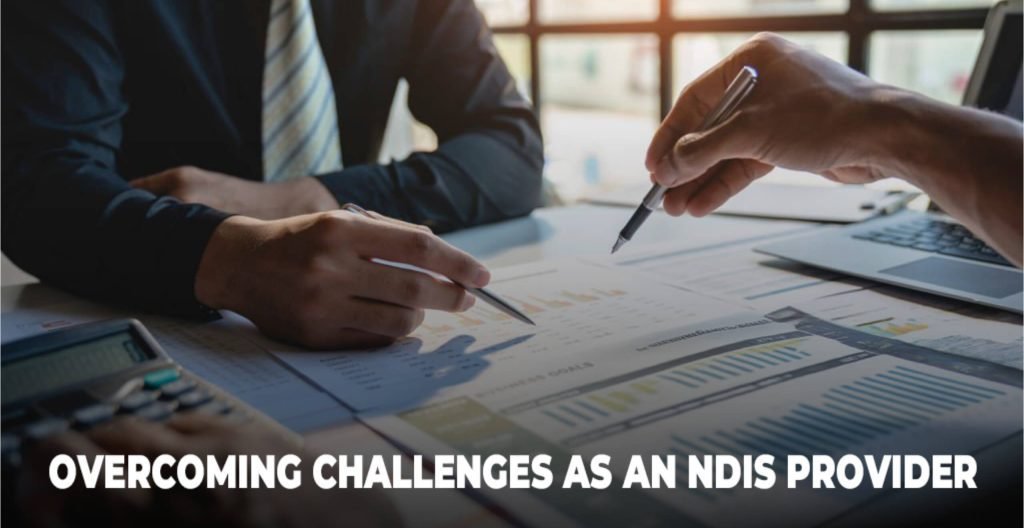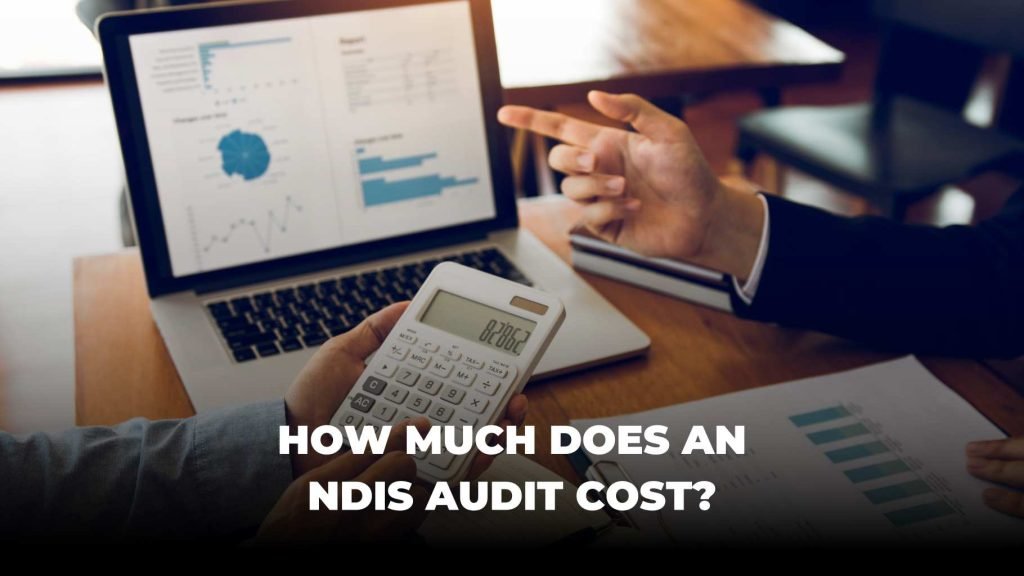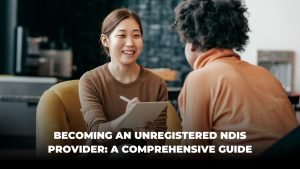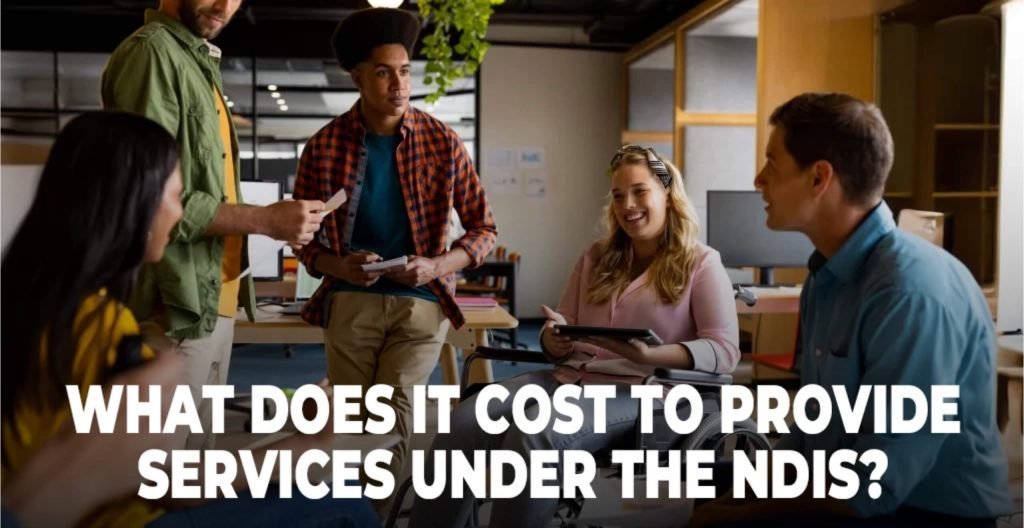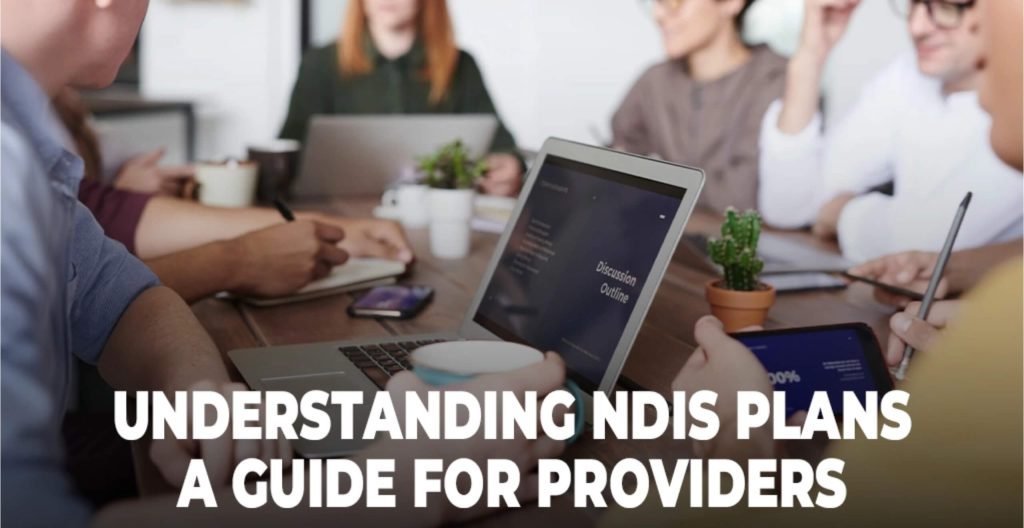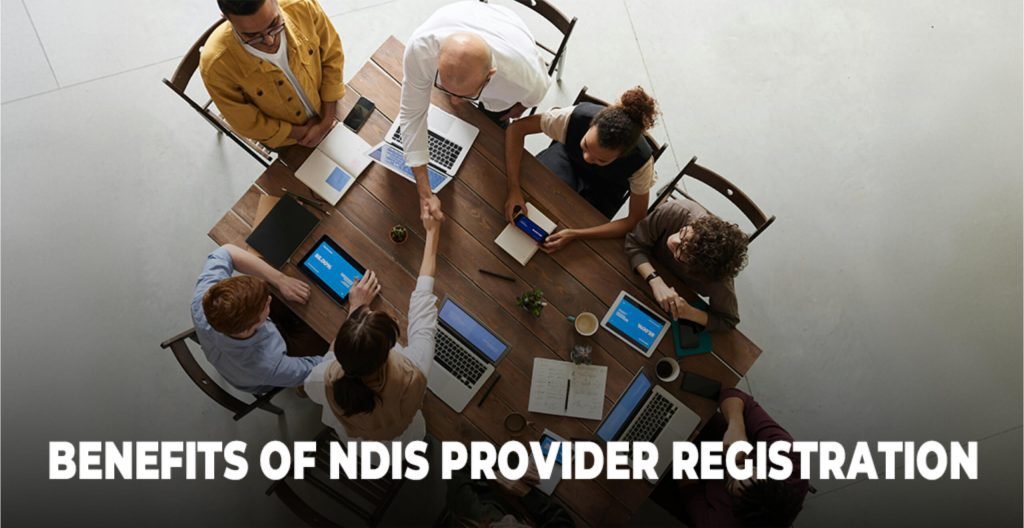Becoming an NDIS provider is an admirable endeavour, offering essential support and services to individuals with disabilities across Australia. However, the path to NDIS provider registration and managing an NDIS business is fraught with challenges. In this blog, we will delve into common obstacles faced by providers and provide practical advice on how to navigate them successfully.
The Complexity of NDIS Provider Registration
One of the initial hurdles many providers encounter is the NDIS provider registration process. For those unfamiliar with the system, it can be overwhelming. The process involves meeting specific criteria, submitting detailed documentation, and adhering to the standards set by the NDIS Quality and Safeguards Commission.
A thorough understanding of the NDIS provider registration checklist is crucial. This checklist outlines the necessary steps, from gathering evidence of your qualifications and experience to demonstrating your organisation’s capacity to deliver services safely and effectively. It’s important to approach this process meticulously, ensuring all paperwork is completed accurately to avoid delays or rejections.
Understanding and Managing NDIS Registration Costs
A significant concern for many aspiring providers is the cost associated with registration. Understanding the NDIS registration cost is vital for effective financial planning. The cost can vary depending on the scope of services you intend to provide and the size of your organisation. This includes fees for initial registration, audit costs, and any ongoing compliance expenses.
Many providers find it beneficial to work with an NDIS consultant who can offer guidance on managing these costs. An experienced consultant can help you understand the financial implications and identify areas where you might save money without compromising on the quality of your services. Knowing how much it costs to become an NDIS provider beforehand allows for better budgeting and financial management, ensuring you have the resources to support your business’s growth.
Preparing for the NDIS Audit
Another significant challenge for NDIS providers is preparing for the NDIS audit. The audit is a rigorous process that evaluates your organisation’s compliance with NDIS standards. It’s designed to ensure that providers deliver services that are safe, ethical, and in line with participant needs.
Preparation is key to a successful audit. The NDIS audit checklist is an invaluable tool that outlines all the requirements you need to meet. This checklist typically includes ensuring your policies and procedures are up to date, your staff are adequately trained, and all participant records are properly maintained. By following the checklist, you can address any potential issues before the audit, reducing the likelihood of non-compliance findings.
For many, the prospect of an audit is daunting, but it’s also an opportunity to review and improve your operations. Embracing the audit process as a chance to enhance your services can lead to better outcomes for both your organisation and the participants you support.
Navigating the Journey to Becoming an NDIS Provider
Understanding how to become an NDIS provider is the first step on your journey. However, the journey doesn’t end with registration. Ongoing challenges, such as maintaining compliance, managing costs, and staying up to date with NDIS changes, require continuous attention.
Some providers may consider operating as unregistered providers, depending on their business model. If you’re exploring how to become an unregistered NDIS provider, it’s essential to understand the implications. While unregistered providers are not listed on the NDIS provider register, they still have responsibilities and must meet participant needs effectively. This route may suit certain types of services but requires careful consideration of the risks and limitations involved.
Continuous Improvement and Adaptation
Once you’ve navigated the initial challenges of becoming an NDIS provider, the focus shifts to continuous improvement. The NDIS landscape is constantly evolving, with changes in policies, participant needs, and best practices. Staying informed and adapting to these changes is crucial for long-term success.
Regularly reviewing and updating your practices in line with the latest NDIS guidelines helps ensure that your services remain relevant and effective. Engaging with industry peers, attending NDIS workshops, and seeking feedback from participants are all strategies that can help you stay ahead of the curve.
Overcoming Financial Challenges
Financial challenges are often a concern for NDIS providers, especially smaller organisations or those just starting out. Beyond the NDIS registration cost, providers must manage ongoing operational expenses, including staff salaries, training, and administrative costs.
Effective financial management is crucial. Providers should develop a detailed budget that accounts for all potential expenses and explore funding opportunities, such as grants or subsidies, that may be available to support NDIS providers. Consulting with financial experts who understand the NDIS sector can also provide valuable insights into maintaining financial stability.
Conclusion
Overcoming challenges as an NDIS provider requires preparation, resilience, and a commitment to continuous improvement. By thoroughly understanding the NDIS provider registration process, managing costs effectively, and preparing meticulously for audits, you can navigate these challenges and build a successful NDIS business. Whether you’re just beginning your journey or looking to refine your existing operations, the key to success lies in staying informed, being proactive, and embracing the opportunities for growth and development within the NDIS framework.
Latest NDIS News in Australia
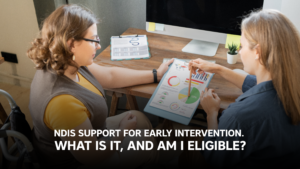
ndis business profitability strategies and factors
Becoming an NDIS provider Registration is a great investment and a business opportunity that offers a lot and while navigating NDIS business registration and NDIS

Allied Health Professionals in NDIS: What you need to know
The NDIS Scheme helps a large group of people with disabilities in Australia by providing support and services to enhance their lives. And to become

How to create a positive NDIS participant experience
How to create a positive NDIS participant Whether you’re Working as an NDIS provider or wanting to become an NDIS provider, Ensuring a great experience

Common Mistakes in NDIS Audit and How to Avoid Them
Becoming a National Disability Insurance Scheme become an NDIS provider provider can be a great business opportunity, but it also comes with a lot of

NDIS Plan Management Self Managed VS Plan Managed
Helping participants navigate their plans effectively is an essential part of providing service and ensuring quality in your provider business. NDIS plan management is fundamentally

How to Stay Informed: NDIS Resources and Updates You Need to Know
NDIS Resources Navigating the National Disability Insurance Scheme (NDIS) can often feel challenging and overwhelming. With updates on policy changes, new guidelines, and various support
Hear from Our Clients


